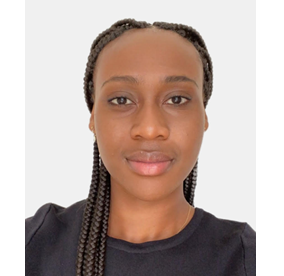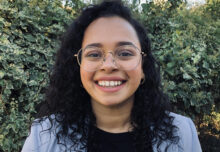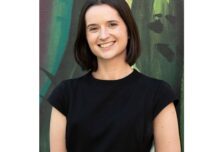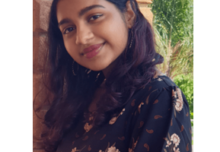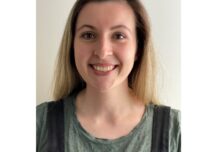I am a doctor currently working as a senior HMO full-time in Obstetrics and Gynaecology at Joan Kirner Womens & Children's Hospital.
2. What inspired you to become a volunteer with The Water Well Project?
Being part of The Water Well Project has given me a great opportunity in championing health-related issues in one of the most vulnerable populations in Melbourne. Having personally emigrated to Australia with my family at a very young age, the cause of The Water Well Project holds very genuine for me. I understand the particular challenges faced when navigating a foreign culture; let alone a foreign healthcare system. For over the past 12 months, I have been able to utilise my medical knowledge as an Australian doctor, and general knowledge of traversing the Australian medical system in delivering health education sessions in these communities across Melbourne. Beyond my shared aim with The Water Well Project to increase the health and health literacy of these populations; I have also had very notable moments with these communities in which I have been privileged enough to hear about their lived and shared experiences. I not only teach these communities but also learn a lot from them too.
3. Please share one of your favourite The Water Well Project sessions or moments.
One of my fondest sessions was delivering a Mental Health & Wellbeing session to the Casey Tamil Manram Seniors Group last year. It has been the biggest session I have facilitated of about 40 participants and the session was scheduled as part of a Tamil community event day; which felt extremely generous! People shared anecdotes and stories of things that helped their mental health, things that were less helpful and we had so many laughs! The group were super engaged and delightful and asked me multiple times to come back to facilitate another session; which is what every facilitator wants to hear!
4. What tips do you have for new volunteers?
5. “I volunteer because…”
I volunteer with The Water Well Project because its fun, I get to help migrant and refugee populations improve their health literacy skills and in turn, they teach me about their lived and shared experiences. Truly a privilege.

